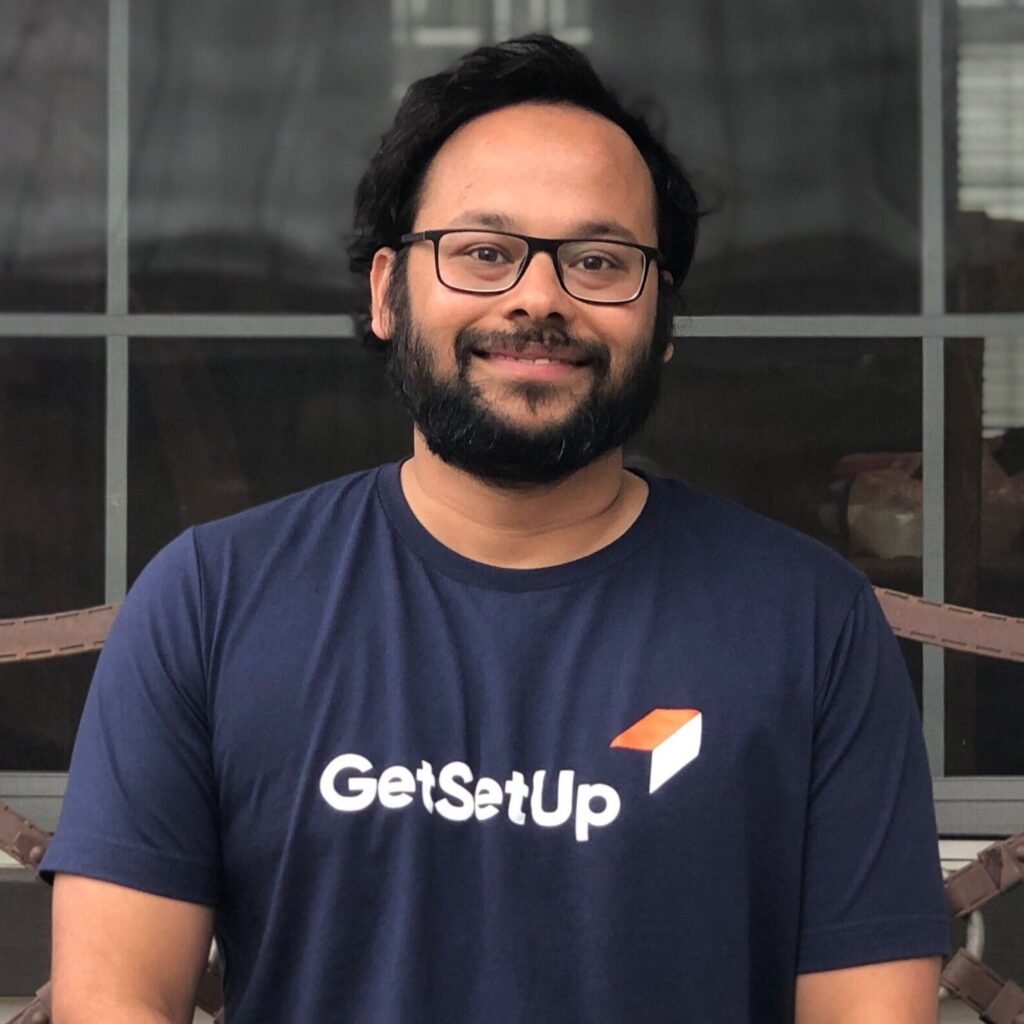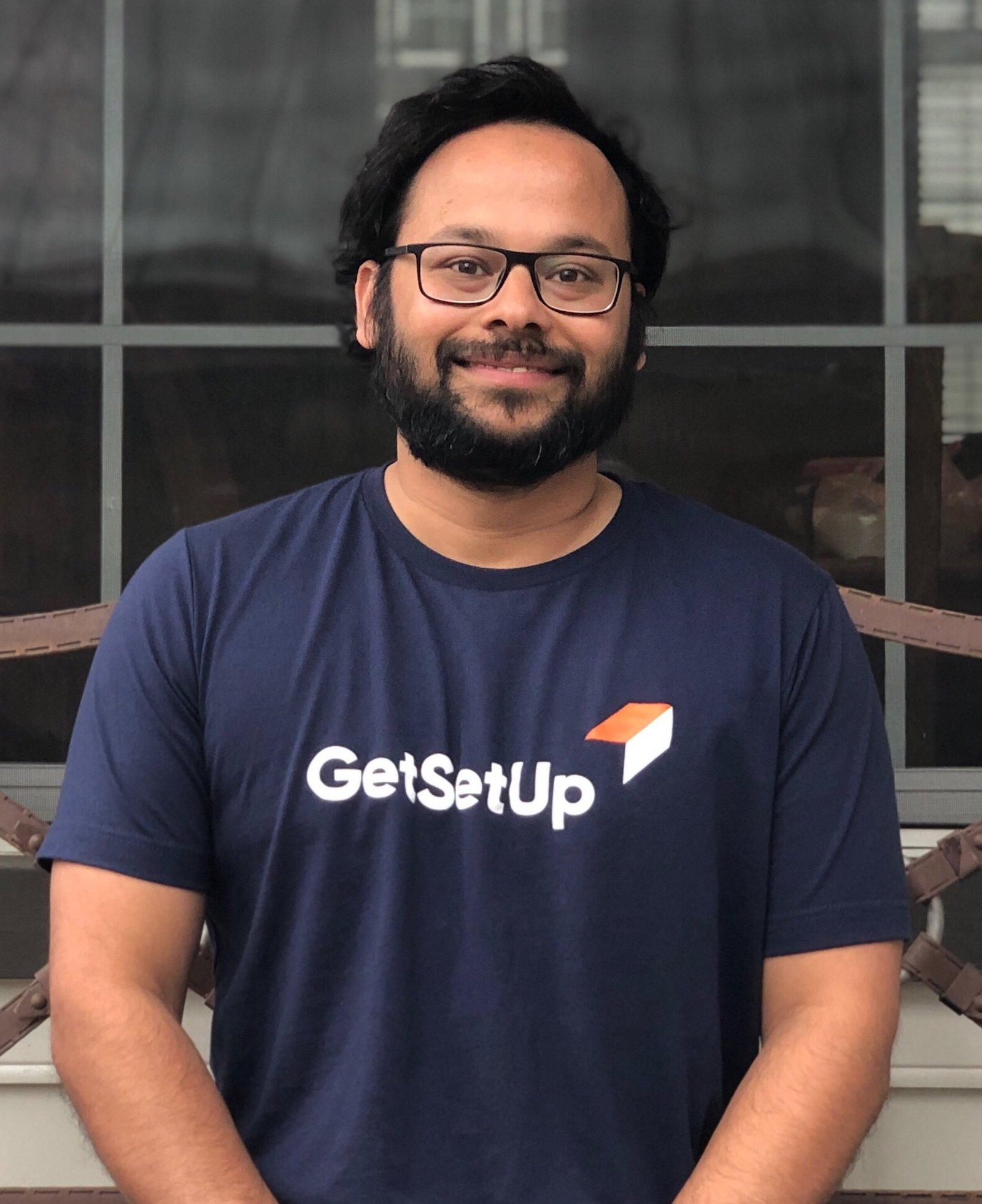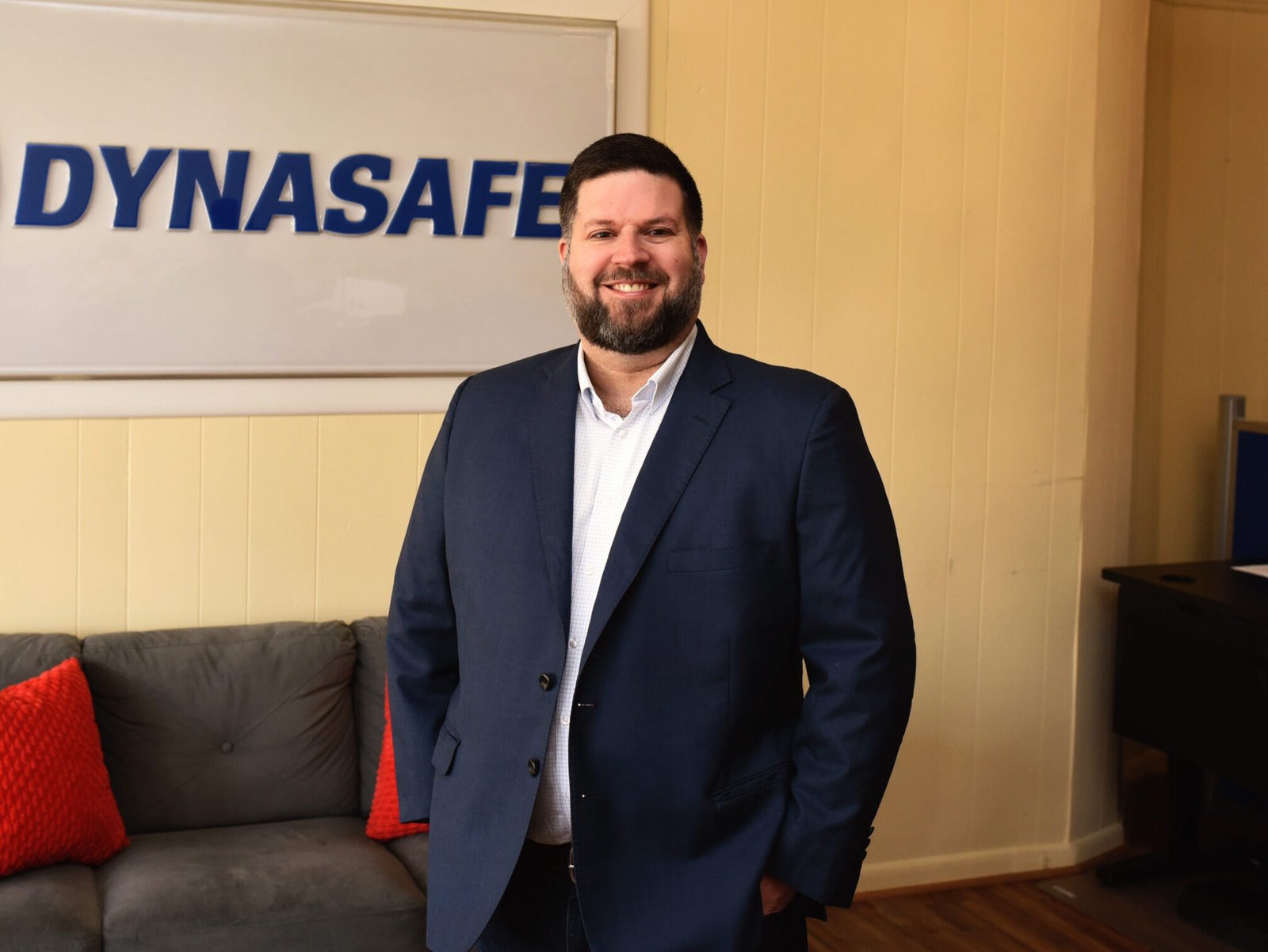I recently went one on one with Neil Dsouza, co-founder of GetSetUp.
Adam: Thanks again for taking the time to share your advice. First things first, though, I am sure readers would love to learn more about you. How did you get here? What experiences, failures, setbacks or challenges have been most instrumental to your growth?
I love leveraging technology to improve people’s quality of life. I spent 4 years as an engineer at Cisco before I quit to become a teacher. That journey took me to Mongolia. I realized how much human potential was untapped purely due to a lack of access to resources and good teachers.
This inspired me to focus on finding ways to provide access and tools to those who lacked the resources to do it themselves. I started Zaya, my first company, to bring e-learning to the last mile of students in K-12 schools. It was a hard problem to solve, building hardware, fundraising, finding the right content, and training teachers. To add to it, I had set a goal to make this service available to everyone under $1/month. This 7-year journey taught me a lot about myself, including my capacity for persistence and leadership that eventually led me to work on GetSetUp. It feels like a continuation of my journey of working in education and developing human potential at all ages.
Adam: How did you come up with your business idea? What advice do you have for others on how to come up with great ideas?
Neil: As my parents were aging I realized that they were still curious and had a strong urge to learn and stay active. My dad after retirement taught himself Quickbooks and started helping startups and non-profits with their accounts. It was quite inspiring to see him do this by himself. At the same time, I was surrounded by friends like my co-founder, Lawrence, who were entering their 50s. They lacked places that celebrated their wisdom and skills.
Every generation has a place online to pursue their passion, like Twitch and Tiktok for Gen Z. Somehow everyone missed the 60+ generation which is one-third of the world’s population. I thought this was a real missed opportunity considering the wisdom and knowledge found in older adults. Plus older adults are genuinely cool and packed full of essential life insights; I loved hanging out with them. My goal with the GetSetUp platform was to create a space and community where my dad and my friends could learn, create, and give back to society through shared knowledge and acquired skills.
Initially, I started to work with retired teachers. They already knew how to teach and if I could re-skill them on new technologies like how to build a website or book an Airbnb, they could then teach older adults how to use these new technologies and services to enrich their own lives. From there, the platform just took off, as more older adults came on to share their skills and their peers joined to learn from all over the world. We have now crossed over 2 million users. I attribute our early success to building an easy to use platform for an underserved market, and good timing–we started during the pandemic when older adults became more open than ever before to new technology and new ways to connect.
The way I approach the discovery of new ideas is very similar to travel. First, talk to people. You learn the most from hearing people’s stories, what motivates them, and what they struggle with. Next, observe the systems around you for their inefficiencies. From there you can start to brainstorm innovative ideas to solve these issues and inefficiencies. Finally, expose yourself to diverse industries. The more you know about different industries the better you will be at connecting the dots between users’ pain points and solutions that can cross-pollinate into new industries.
Adam: How did you know your business idea was worth pursuing? What advice do you have on how to best test a business idea?
Neil: We knew this was a huge underserved market because 1/3 of the world’s population is aging into this cohort. All of us want to stay active, engaged, and productive – older adults are no different. There were very few services designed around the needs of older adults to keep them physically active, mentally engaged, and socially connected with peers who shared the same interests. We believed in 5-10 years most older adults would consume these services online and we knew we could serve those needs.
My advice for testing business ideas is to run many experiments around your idea. Treat ideas like a science experiment by forming a thesis and running it through several tests. Run your tests knowing that 99% of your experiments will fail and that’s ok.
Adam: What are the key steps you have taken to grow your business? What advice do you have for others on how to take their businesses to the next level?
Neil: The most important step for us is experimentation. We knew we had an opportunity to build the right resource for older adults so we decided to do this through experimentation. I try to run at least 5 experiments a week. From these, we learn quickly what works and what doesn’t so we put our efforts towards enhancing what works.
People sometimes think of experiments as negative. I think experimentation is a good thing in the early stages of developing a business. It helps you to optimize and apply the maximum features and ideas that best apply to your market. You won’t learn how to optimize effectively if you don’t experiment.
So my advice to others is to experiment, experiment, experiment! When it works, double down on applying it. When it doesn’t, kill it quickly. While the idea and problem you are solving should stay very focused, in your initial development don’t fixate on a single solution but be open to new opportunities and test drive them!
Adam: What are your best sales and marketing tips?
Neil: Initially, it is essential to create connections and meet clients where they are at. We offer pilots and partnerships to a wealth of different organizations. We want them to feel like they are getting good value for their money. In sales, it’s not about always getting the highest profit but about getting the happiest clients. They will be your best marketing.
The best marketing comes from word of mouth. Focus on making customers and partners happy, and they will become your key resource for marketing. In addition to that make sure you let people know what you are doing. Make noise by showing off your accomplishments in press, content, and on social media. People won’t find budding businesses unless they make sure their marketing team is getting them out into the world.
Adam: In your experience, what are the defining qualities of an effective leader? How can leaders and aspiring leaders take their leadership skills to the next level?
Neil: Leadership is something you can learn and improve, but there are three essential qualities.
-
Inspire – Leaders have to be able to inspire. Generally, I think that goes with the mission and the idea. It starts with your own team. If you can’t inspire your team, then it’s unlikely you will inspire your clients or others to follow you.
-
Grit – There will be ups and downs as a leader. You need to be able to pick not just yourself up but your whole team up and at times even carry them through tough times. Essential to making your team feel valued and helping them through, is making them feel appreciated. Never forget to show your team you appreciate their hard work.
-
Know-How – I don’t know it all, but I know enough to hire good people. Then, I need to know enough about each specialized area that I can connect what each group is doing to the overall vision and strategy and make adjustments as the company evolves. This also allows me to relate to what they are doing and helps me set realistic goals, thus assuring that trust and confidence go both ways.
Taking your leadership skills to the next level is really about stepping up to the challenge, whether that’s initiating a project you lead, taking on a larger volunteer or advising role, or asking for that next step up in leadership promotion–it starts with you. If you don’t ask for the promotion or the position, then no one knows you’re hungry for it. So if your goal is to build your skills and become a more impactful leader, make that known and then take up the challenge with vigor.
Adam: What is your best advice on building, leading, and managing teams?
Neil: My best advice is to hire people for their culture fit. That should be a non-negotiable. Hire people you would want to work for who are competent and make sure you give them the support and resources they need to do their jobs. When you hire people in leadership roles that you would want to work for one day, if not now, then you always enter that relationship with a lot of respect. Respect is essential for building, leading, and managing effective teams.
Plus make sure some of your team members are part of the population you plan to serve. Over 50% of our staff is our target market, we value their insights. We also value and listen to the insights of our learners and community. They help us to understand what’s working and what needs to be improved, and they share with us great ideas to move forward!
Adam: What are your three best tips applicable to entrepreneurs, executives, and civic leaders?
Neil: My list of tips could be endless but here are the three most essential in my opinion:
-
Timing matters – Regardless of what people think or how great a product is, timing is essential. I had a great product when I started my first company, but ultimately there are certain things that will be out of your control when it comes to market adoption. Accepting that reality is freeing. It also prompted me to experiment more with my current business.
-
Trust Your Gut – Advisors are good but don’t let them overshadow your vision. The first time around, I built a product that everyone needed, but I got distracted by external influences on the business–things like scaling and “software”. I wound up developing a product that had 10X the capabilities that my users were asking for. We then had to strip the product back down to the basics. So I listen to my advisors, but I quickly test their ideas and learn from those responses before investing a large chunk of time and money into a full-scale initiative.
-
Networks Matter – Fundraising is much easier when you are a second-time founder because you already have the relationships. Networks and relationships matter. You never know when a person will pop up or when you will need to call upon them, so approach every interaction with that in mind.
Adam: What is the single best piece of advice you have ever received?
Neil: “Follow your gut!” – As a founder, you know your idea, and success or failure is ultimately on your shoulders. Only you know your business. So while you may have advisors and get advice on your business, always follow your intuition.









